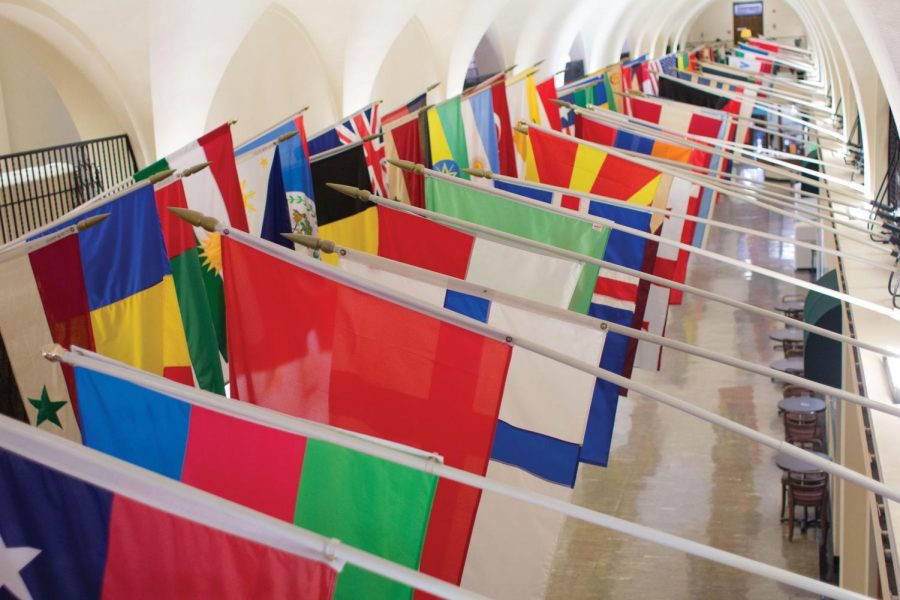Incoming editor-in-chief: The Baro must not fail marginalized groups
June 11, 2018
Personal experience with racism informs sense of civic duty as journalist
During my first week as a bright-eyed optimistic Oregon State freshman, I was told words I would never unhear: “people like you don’t belong here.” I sat there stunned. Uttered so casually and so pointedly, I didn’t know what to say. Those words sank in until they became a part of me. Afterward, every class I stepped into and every article I wrote I was unable to escape those words.
Three years later as I take on the mantle of editor-in-chief of The Daily Barometer, those words still ring in my ears. No amount of success, no job title nor amount of time can erase that moment from my memory. It eventually came to a point where I strongly questioned if this campus was the place for me.
But I’m still here.
This is a story I have only shared with a select few. As I step into a public servant role, I think being fully transparent with such a defining moment in my college career should be shared since it has shaped my understanding of what it means to be a journalist.
I’m not going to use this traditional incoming editor-in-chief column to speak about leading the paper to a brighter future. Such mundanity is trivial at best.
This column is for the students out there who have felt ostracized by this community. This column is for the students who feel held back because of who they are. This column is for the people who hear Corvallis is “the best college town in the Pac-12” and ask “for who?”
As this paper moves forward I want to charge this organization to be more cognizant about what voices are brought to the table and in what way they are being depicted. Towing the line cast by administrators, organizations and other entities of power is a disservice to the most vulnerable.
At its most basic level, journalism is an industry of storytelling. It is — and always will be — a privilege to tell the stories of others. Those stories hold experiences of human truths that are controversial, facetious and more commonly, hard to come to terms with. But we must be willing to face it.
My experience with racism on this campus may be unique, it may be all too common or it may be somewhere in between. Yet certainly, as a news organization, we must ask the right questions, ask the right people and ask the community to trust us to cast a light on what the actual truth may be. We must do this for all issues.
Unfortunately, one college newspaper can’t solve the problems of the world with a column or a single story. What this paper can do is tell people that they aren’t alone in trying to grapple with the world’s problems. What I can do is share my own story, no matter how brief, to let people know that they are not alone in confronting racism.
So let me be fully clear: The Daily Barometer exists, and only exists, to serve the community. News is a public service, full stop. The moment you believe that this paper has failed to serve you or has failed to properly characterize or represent your experience is the day that we do not deserve to serve you.
But when we do fail, and there will be times where we do, I promise that I will do what I can to mend any ill feelings, because this community means too much to give up on. It is a community we cannot afford to fail. Even when my first impression of this campus was hearing the voice of racism shouted at me, I refuse to give up on the people here. Giving up is a selfish choice. As a student media organization we must elevate and amplify student voices. Whether they are stories of success, trials or tribulations, listening to them is integral to making this campus more whole.
For the people who have never experienced racism, you can still do great things. For those who have stared into the face of racism and have felt its debilitating effects, for the people who saw doors of opportunity slammed shut because of their identities, for the people who ever questioned if this community is for them: you too can be editor-in-chief of The Daily Barometer.







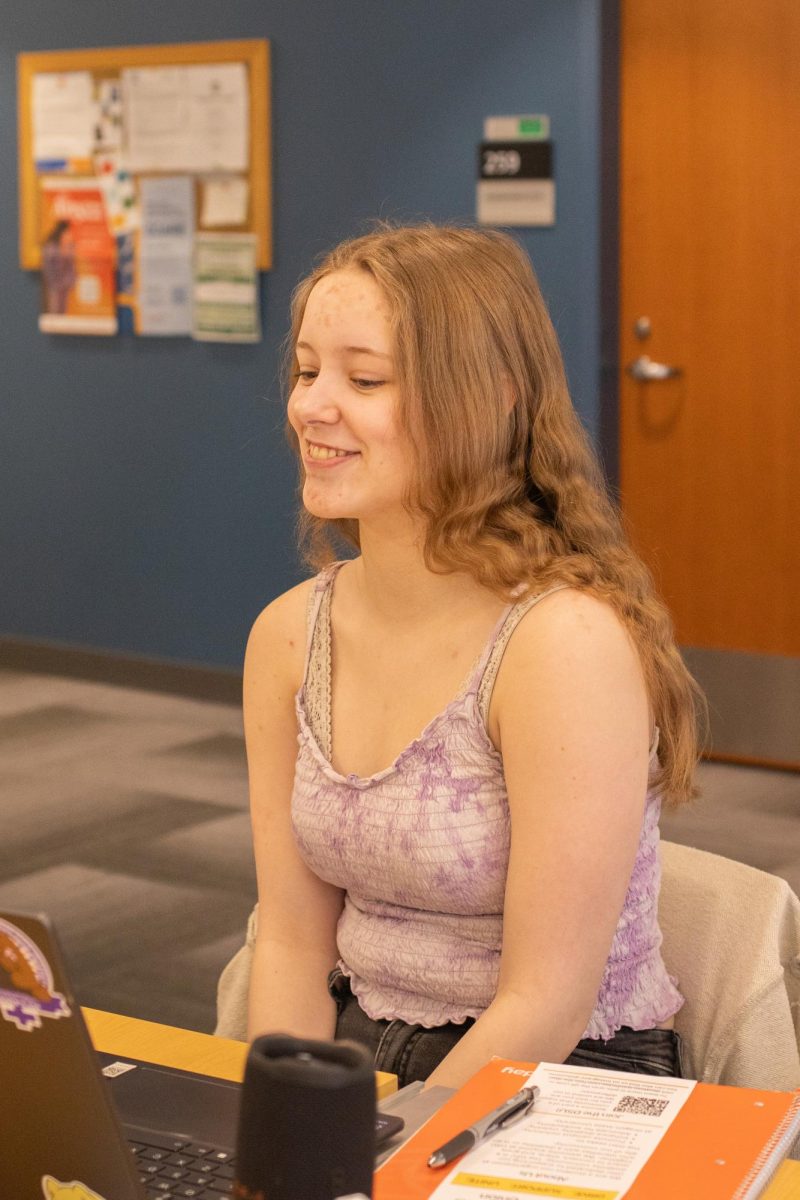
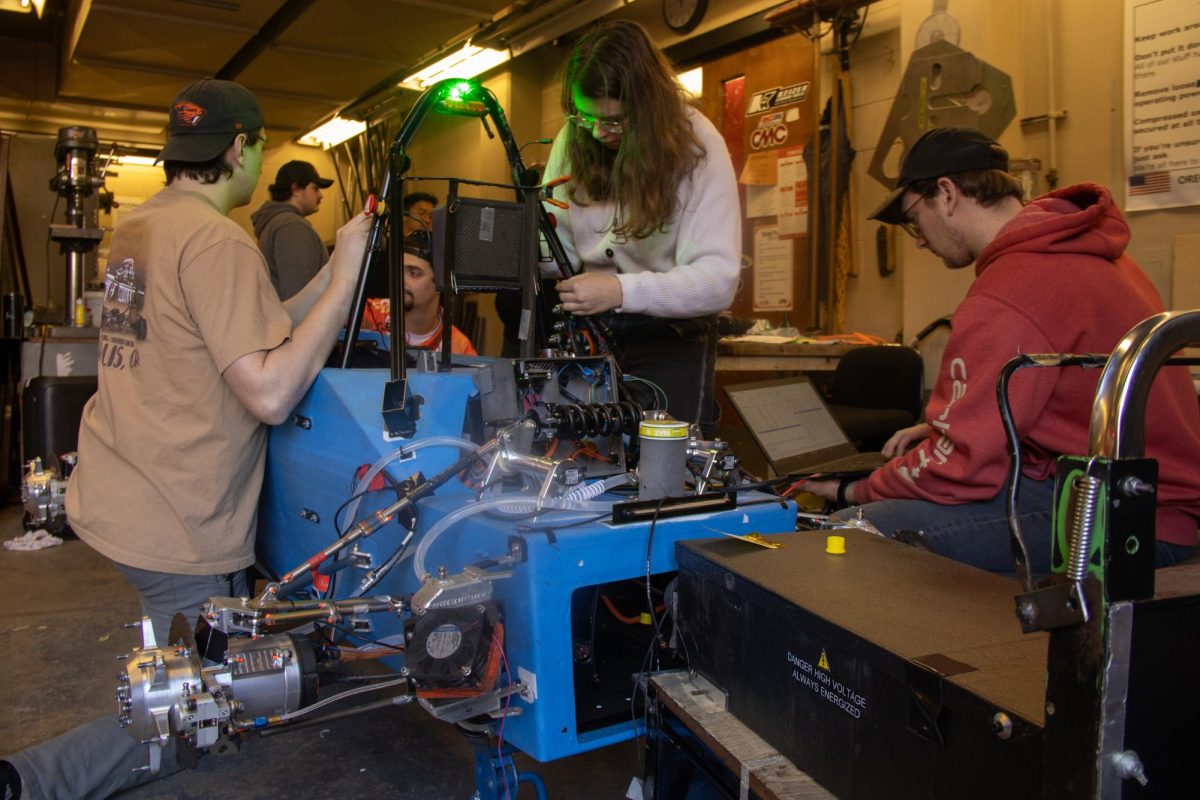
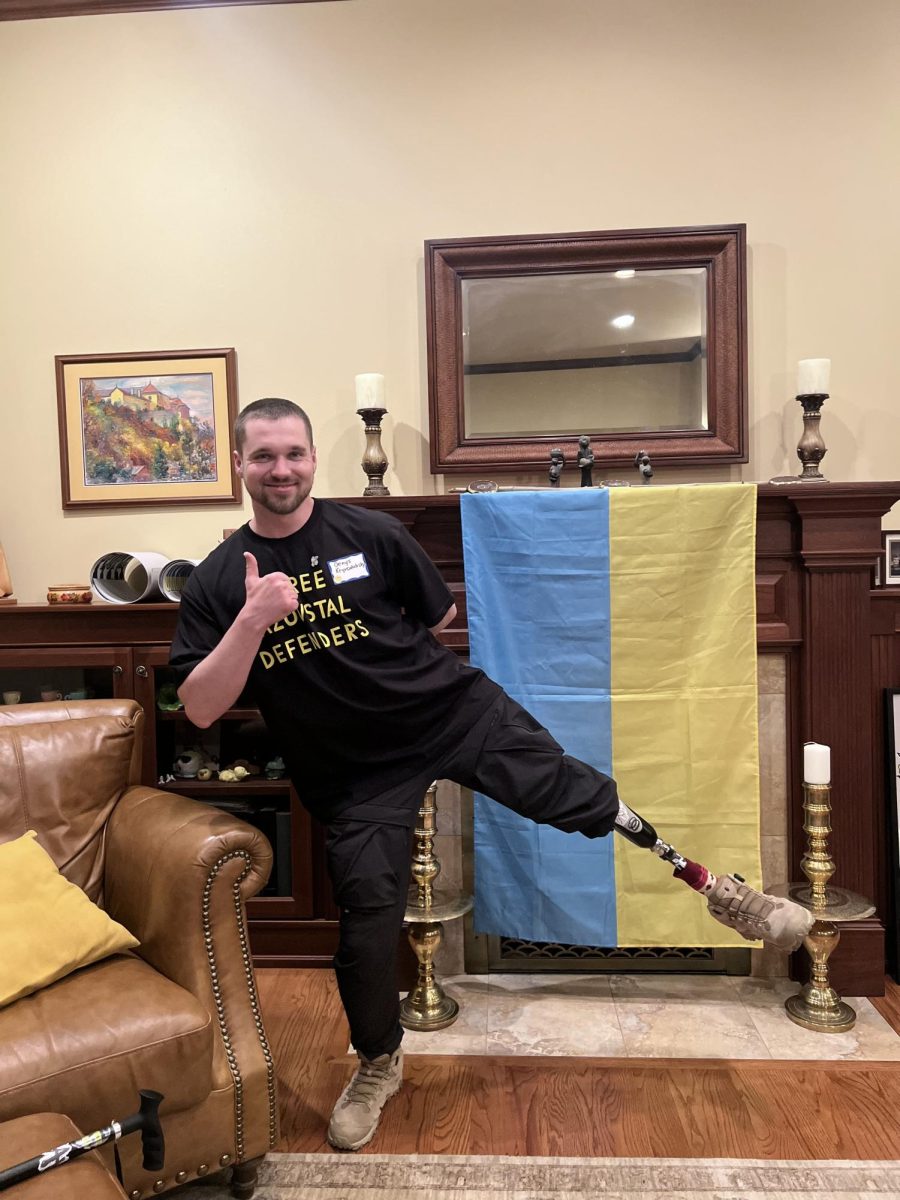
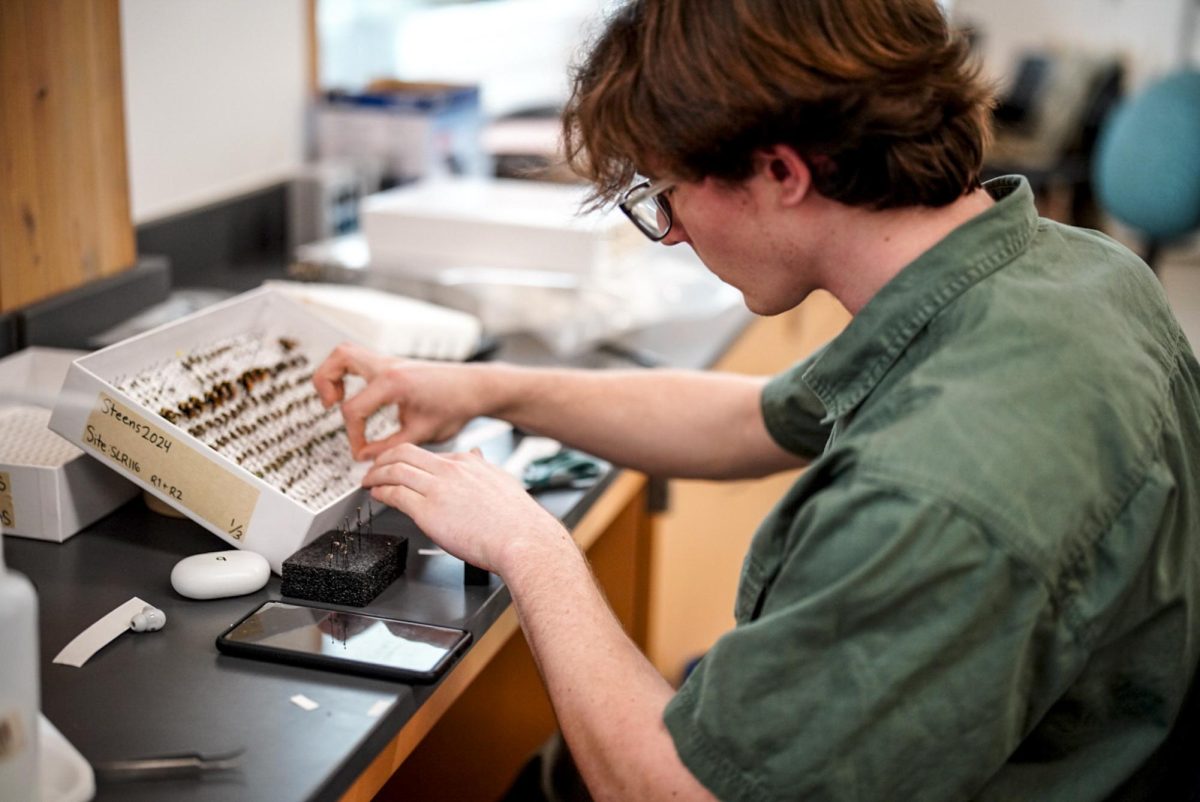
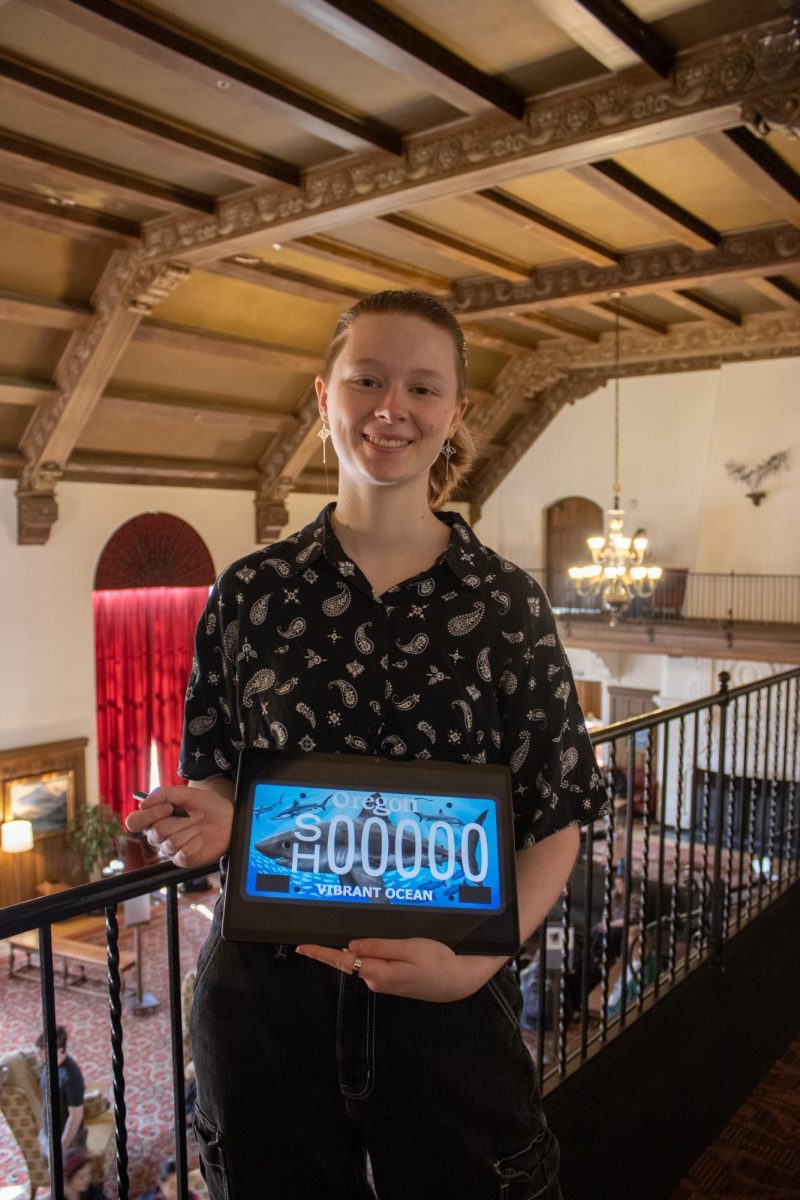


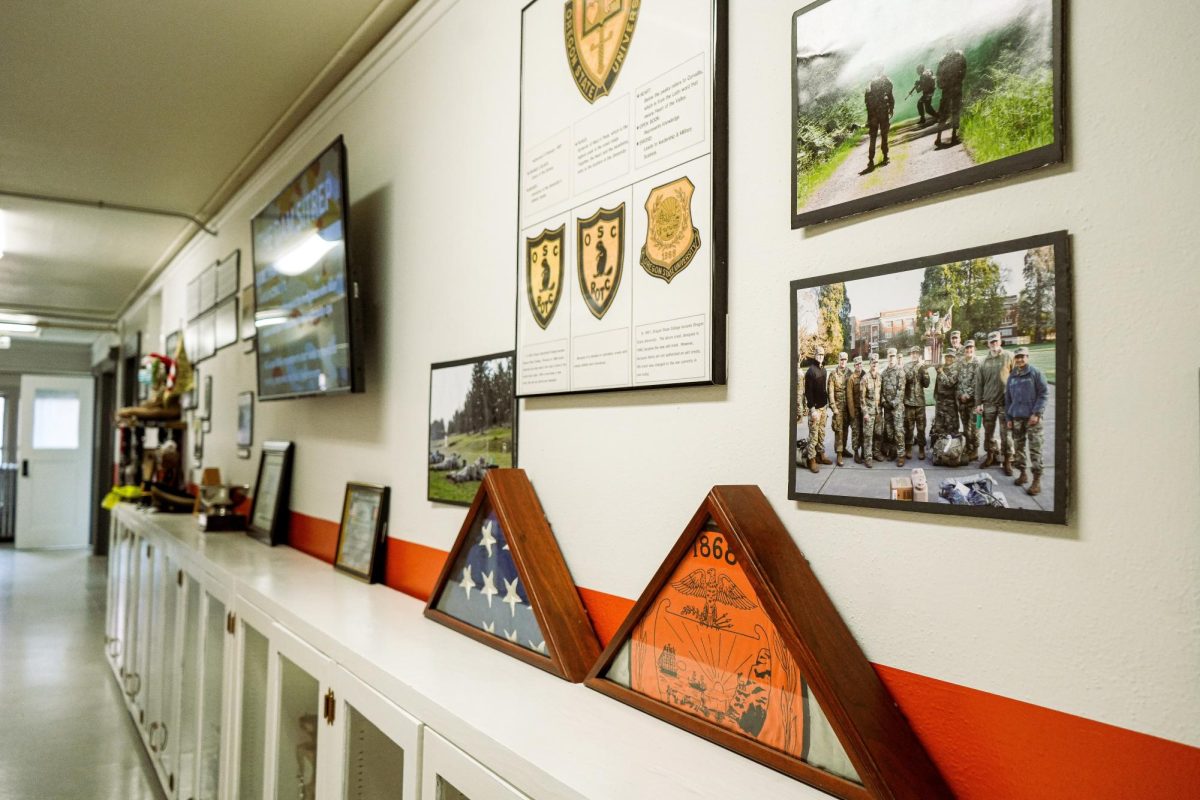









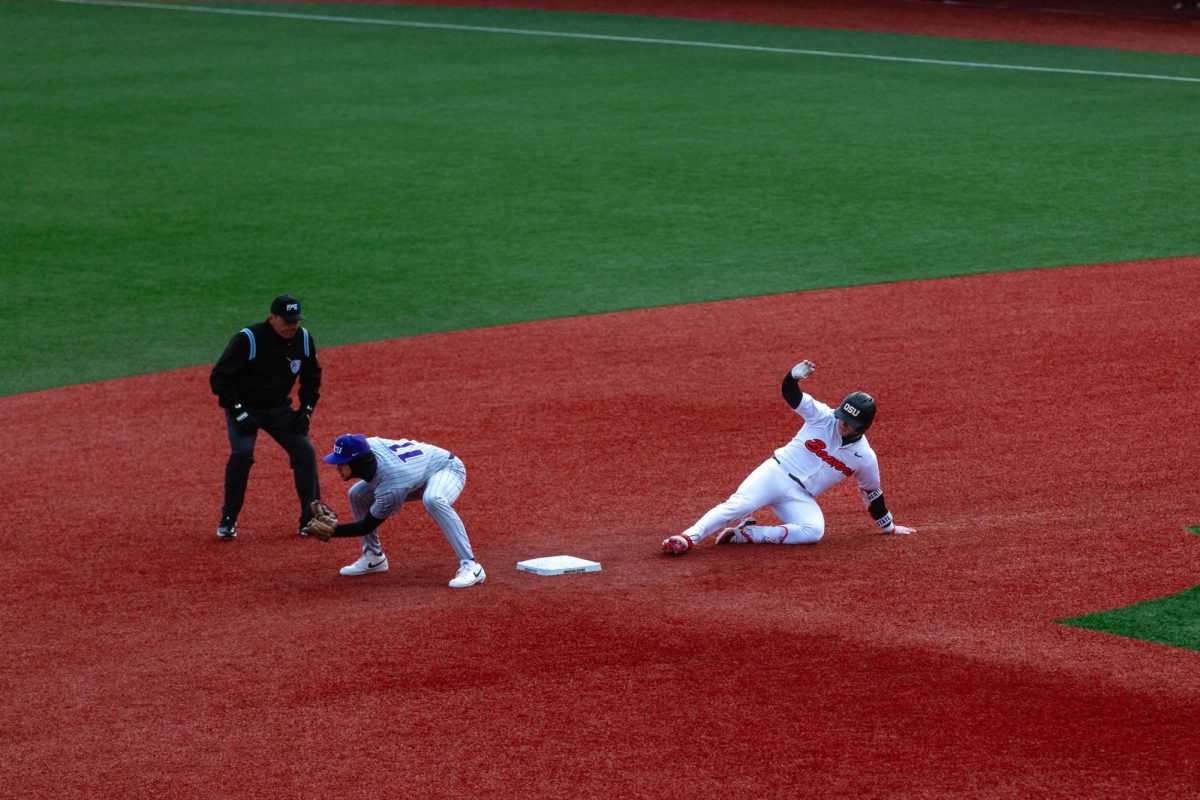



























































![Newspaper clipping from February 25, 1970 in the Daily Barometer showing an article written by Bob Allen, past Barometer Editor. This article was written to spotlight both the student body’s lack of participation with student government at the time in conjunction with their class representatives response. [It’s important to note ASOSU was not structured identically to today’s standards, likely having a president on behalf of each class work together as one entity as opposed to one president representing all classes.]](https://dailybaro.orangemedianetwork.com/wp-content/uploads/2025/03/Screenshot-2025-03-12-1.00.42-PM-e1741811160853.png)























